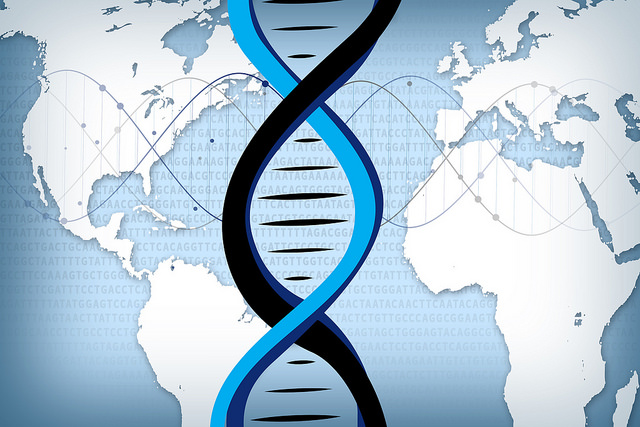Ethics and Global Governance of Human Germline Genome Editing: The Problem of Techno-Scientific Colonialist Paternalism
By Gabriela Arguedas-Ramírez,
CRISPR Journal (paywall)
| 04. 21. 2020
Abstract
I want to enrich the debate about the ethics and governance of human germline editing (HGE) by emphasizing an underappreciated, yet important, set of concerns regarding exclusionary practices, norms, and efforts that impede a broader discussion about the subject. The possibility for establishing a binding, global, regulatory framework is influenced by economic and geopolitical factors as well as historical processes and sociopolitical problems, such as anti-scientific social movements and the politicization of science. Likewise, it is influenced by different understanding, epistemic resources, and goals between the CRISPR/genome editing community and the rest of society. In this Perspective, I explain the concept of “techno-scientific colonialist paternalism” and why it negatively affects our discussion around HGE. I also discuss the pitfalls of scientific self-regulation, and finally, I advocate that the implementation of HGE should cease to allow time and care for a thoughtful global discussion to emerge.
Related Articles
By Katrina Northrop, The Washington Post | 04.06.2025
photo via Wikimedia Commons licensed under CC by 3.0
China's most infamous scientist is attempting a comeback. He Jiankui, who went to jail for three years after claiming he had created the world's first genetically altered babies, says he remains...
By Kevin Davies, Genetic Engineering & Biotechnology News | 03.27.2025
Around 2018–19, there was not a bigger science and ethical story than the debate over heritable human genome editing (HHGE) and the scandal over the “CRISPR babies.” The scientist, He Jiankui, who attempted to engineer the germline of human embryos...
By Megan Molteni, Stat | 03.28.2025
WASHINGTON — Keith Joung knows better than a lot of people what, exactly, it might require to prove to regulators and patients that CRISPR could be safely used to alter the genome of a human embryo. If, of course, society...
By Liyan Qi and Jonathan Cheng, The Wall Street Journal | 03.26.2025
photo via Wikimedia Commons licensed under CC by 3.0
Chinese scientist He Jiankui set off global outrage and landed in prison after he skirted ethical guidelines and claimed he had produced genetically modified babies designed to resist HIV infection.
Now, the self-styled ...




